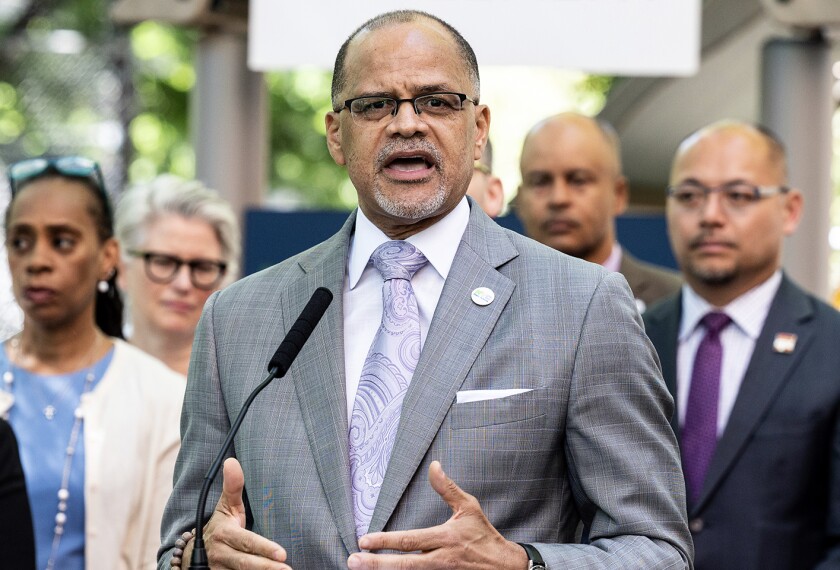In the spring of 2022, the U.S. Department of the Interior released an investigation into the systematic physical and emotional abuse and forced assimilation that Native American children suffered at more than 400 boarding schools in the 19th and 20th centuries. The federal investigation also identified more than 50 burial sites for Native children. More are likely to be discovered, and tens of thousands of children may have died. Although the exact number of children who attended boarding school is unknown, the National Native American Boarding School Healing Coalition estimates it is in the hundreds of thousands.
According to the federal investigation, the United States operated or supported these schools in 37 states or then-territories. In what is now the state of Oklahoma, there were 76 boarding schools alone—the highest number in the country. One of those schools was Chilocco Indian School, which opened in 1884 and continued the government’s abusive form of instruction until the early 1930s when federal policy reforms introduced some improvements to boarding schools. By the time Chilocco closed in 1980, 18,000 students had attended the school.
Eugene Howe (Ponca) graduated from Chilocco in 1950, where he excelled in athletics. He would later talk to his son Dwight fondly about his experience there.
From a young age, Dwight Howe (Omaha/Ponca), knew he wanted to follow in his father’s footsteps to attend Chilocco. Here, the younger Howe looks back at his experience at the school as a pivotal one that helped shape his identity—even as he questions whether a different educational experience might have taken him down another path.
Elizabeth Rich, Assistant Managing Editor, Opinion contributed to this video.
Coverage of race, opportunity, and equity is supported in part by a grant from The Wallace Foundation, at www.wallacefoundation.org. Education Week retains sole editorial control over the content of this coverage.





